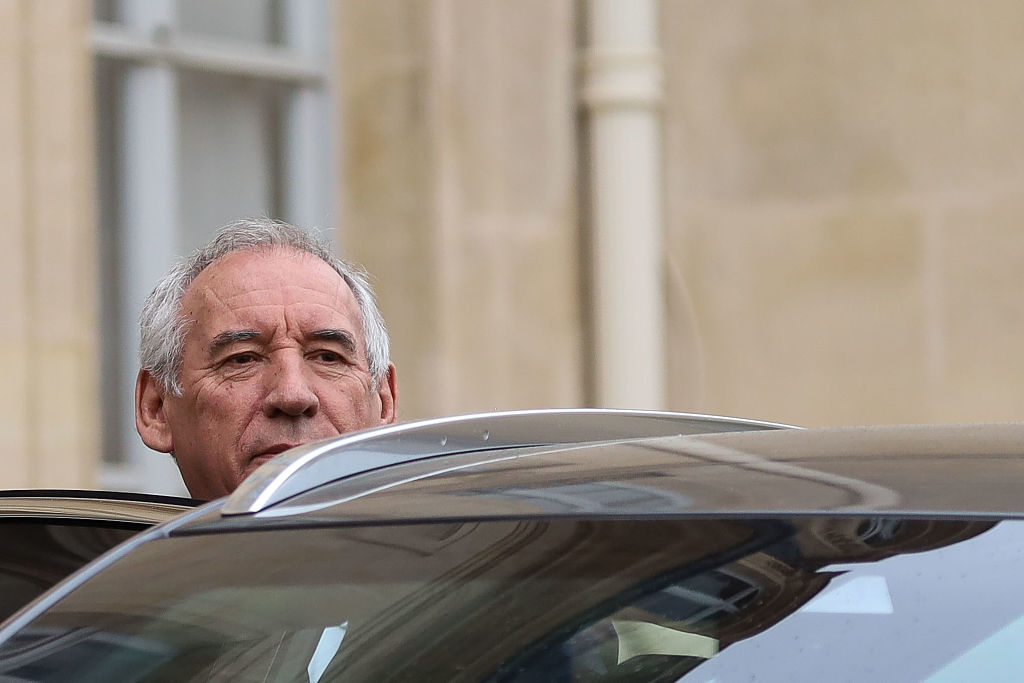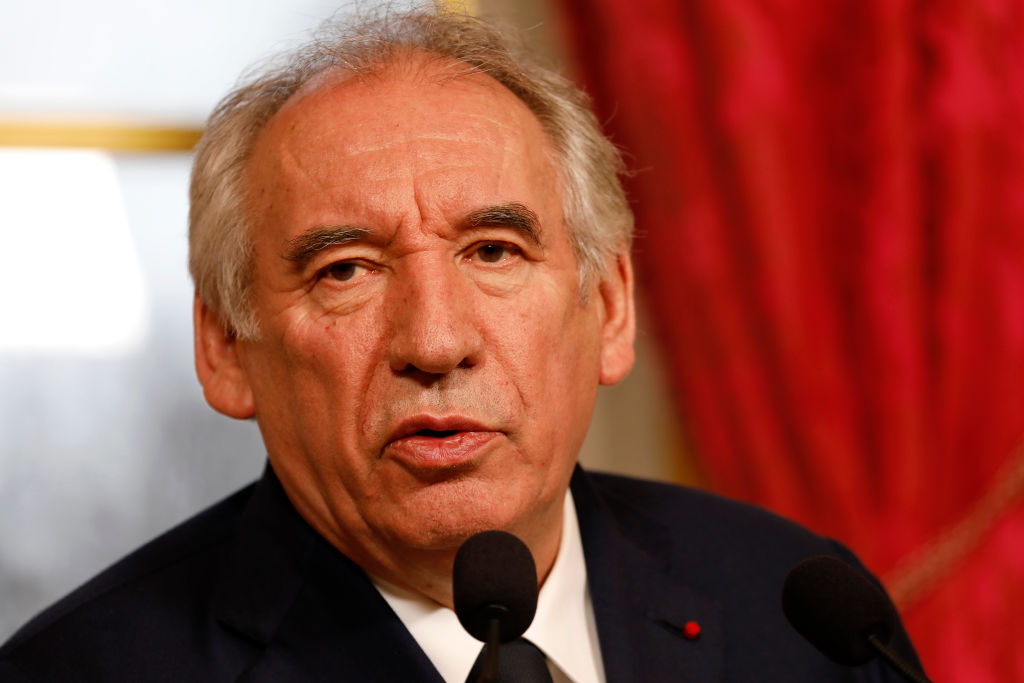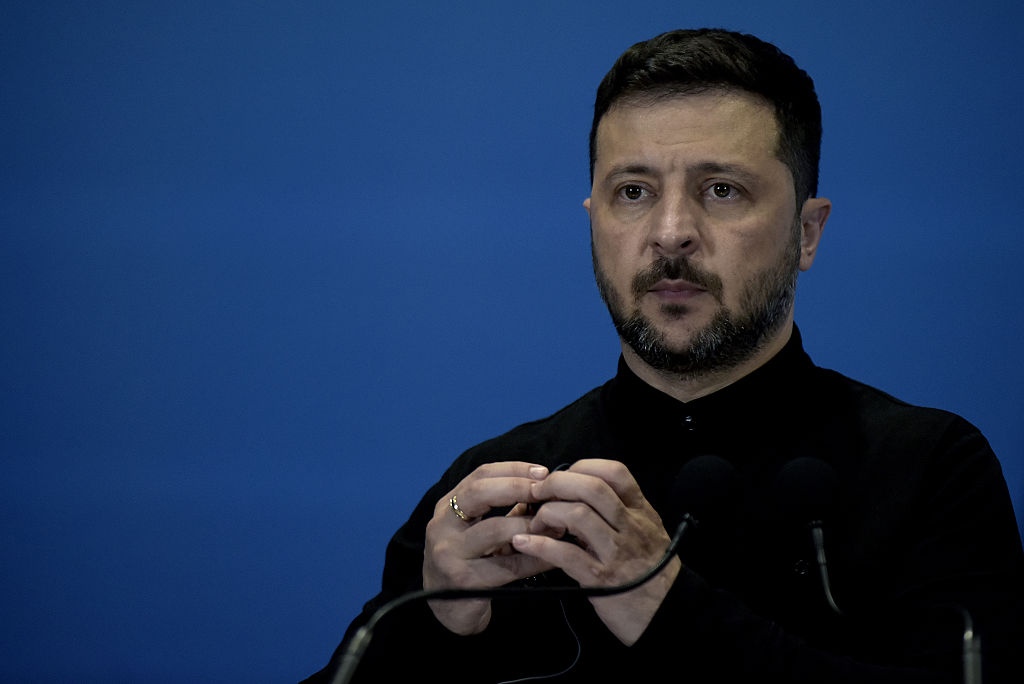A French doctor is to be tried for intentionally poisoning 30 child and adult patients, 12 of whom died, in an alleged attempt to show off his resuscitation skills and discredit co-workers.
Frédéric Péchier, 53, worked as an anaesthetist at two clinics in the eastern city of Besançon, when patients went into cardiac arrest in suspicious circumstances between 2008 to 2017. Twelve could not be resuscitated.
Péchier’s youngest alleged victim, four-year-old Teddy, survived two cardiac arrests during a routine tonsil surgery in 2016. The doctor’s oldest alleged victim was 89, AFP reported.
The trial, which begins in Besançon on September 8 and will last until December, caps a seven-year investigation.
Some colleagues described the doctor as a “star anaesthetist”, while others said he came across as arrogant and manipulative.
One co-worker claimed Péchier was “certain he was the best” and liked to “think of himself as Zorro”.
The proceedings come after a court in May sentenced retired doctor Joël Le Scouarnec to 20 years in prison after he confessed to sexually abusing or raping 298 patients, most of them children, between 1989 and 2014.
Péchier, a father of three who has been banned from practising medicine, faces life imprisonment if convicted. He has denied the charges.
Controversially, he is not currently behind bars and is under judicial supervision, an alternative to pre-trial detention.
“I’ve been waiting for this for 17 years,” said Amandine Iehlen, whose 53-year-old father died of cardiac arrest during kidney surgery in 2008.
An autopsy on her father revealed an overdose of lidocaine, a local anaesthetic.
She told a French radio network on September 2 she planned attend the trial. “I want to be there every day if I can hold out psychologically and physically. But I need to hear everything that will be said with my own ears.
“I’ve been waiting for this for so many years. I need this to finally be able to turn the page. Even though I know full well that it certainly won’t be the end … It’s only the small light at the end of the tunnel, but it’s still not the access to the final door,” she said.
Prosecutor Étienne Manteaux has said the case was “unprecedented in French legal history”.
An investigation was launched in 2017, after suspicious cardiac arrests during operations on patients otherwise considered low risk, according to AFP.
Péchier is suspected of tampering with paracetamol bags or anaesthesia pouches of his colleagues in order to create operating room emergencies where he could intervene to allegedly show off his supposed resuscitating talents.
“What he is accused of is poisoning healthy patients in order to harm colleagues with whom he was in conflict,” Manteaux said.
“Frédéric Péchier was the first responder when cardiac arrest occurred,” he added. “He always had a solution.”
Péchier has argued that the majority of poisonings were the result of “medical errors” made by his colleagues.
“I am being accused of heinous crimes that I did not commit,” he said in 2017.
Over the course of the seven-year probe, investigators examined more than 70 reports of “serious adverse events”, medical jargon for unexpected complications or deaths among patients.
The cases of 30 patients who suffered cardiac arrest during surgery at the Saint-Vincent Clinic and the Franche-Comté Polyclinic made it to trial.
The investigation was launched in January 2017, after a 36-year-old woman suffered a suspicious cardiac arrest during an operation.
Suspicion quickly fell on Péchier, who was detained and charged two months later.
He “has every intention of proving his innocence in this case”, his defence team said.
A criminal psychology evaluation of the accused, carried out in 2019 and roundly criticised by his defence lawyers, pointed to an alleged “controlling personality” and “perverse traits”.
Other psychological and psychiatric assessments have not identified any particular pathology or personality disorder, describing Péchier as an intelligent man.
He is also believed to suffer from depression.
In 2014, he attempted suicide, while in 2021, he fell from the window at his parents’ house in a drunken state.
More than 150 civil parties, including a trade union for anaesthetists, will be represented at the trial.
It is a “dizzying case” due to its “scale, duration and technical complexity”, said Frédéric Berna, one of 55 lawyers representing the victims.
Berna said he doubted the court would hear any “sincere and honest explanations from Péchier”.
“He is really someone who does not take no for an answer and constantly tries to impose his opinion by force,” Brena alleged.
Ahead of the trial, Péchier said he was “not particularly anxious”.
“I have to fight one last time to bring this to an end,” he told broadcaster BFMTV.
“I’m not tired. I’m not angry. I just want people to listen for once,” he said.





